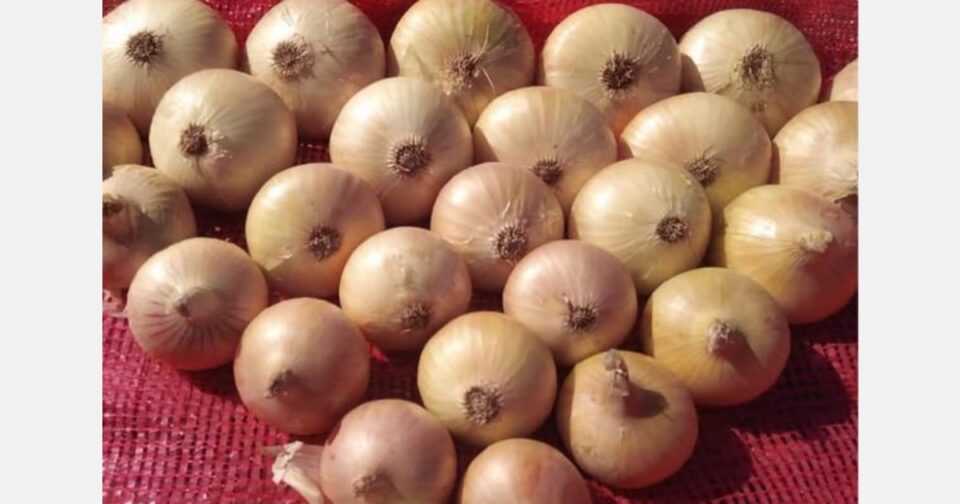According to EastFruit analysts, Egypt continues chaotic attempts to manually regulate the economy, which invariably leads to losses for local companies and, often, directly support competitors.
A striking example is the government’s decision to ban onion exports from Egypt for three months from October 1, 2023 till December 31, 2023 inclusive. A country that is catastrophically short of foreign exchange earnings decides to ban exports of one of the main export revenue generating products! Indeed, in 2022, Egypt received more than US $217 million from onion exports, and in the first half of 2023 alone – US $155 million.
Moreover, in the recent 12 months, the Egyptian national currency devalued by almost half. The devaluation of the Egyptian pound was the main reason for the increase in domestic onion prices, which became the pretext for the government to ban onion exports.
The most interesting thing is that the decision to ban exports of onions from Egypt was made precisely when it was already being squeezed out of the EU market by local farmers, as well as exporters from Eastern Europe and Central Asia. For example, Uzbekistan actively exports onions to EU countries in order to somehow avoid the almost inevitable collapse in onion prices in the near future. A similar problem exists for Ukrainian farmers, who do not know what to do with the excess onions on the market. Onion prices are also rapidly falling in Moldova. Basically, in the region of Eastern Europe and Central Asia there is an onion bubble, of which EastFruit warned before the season started.
Therefore, farmers in these countries are grateful to the Egyptian government, which voluntarily refused additional foreign exchange earnings in favor of vegetable growers in Ukraine, Uzbekistan, Moldova, Tajikistan, and other countries in the region, improving the chances of selling its surplus harvest. Now exporters from Ukraine and Egypt could consider selling onions to markets of the Middle Eastern countries, which were until October 1 the main importers of Egyptian onions.
The use of the site materials is free if there is a direct and open for search engines hyperlink to a specific publication of the East-Fruit.com website.




